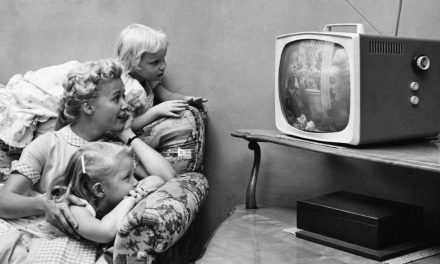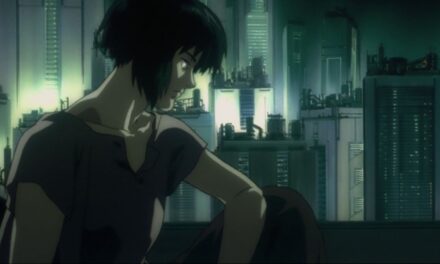CfP: edited collection on Utopian Fictions
Essays Dismantling Popular Myths about Utopia and Dystopia in Literature, Film, and Television
Utopia has an image problem. In today’s political discourse, utopianism is often read in two competing directions. Utopians are either quaint optimists—harmless, but ultimately disconnected from the messiness of ‘real-world’ politics—or they are dangerous extremists whose ideas lurch toward fascism and other forms of totalitarianism. In the classroom, too, I’ve encountered these problems when introducing students to utopian texts. Students often echo similar dominant views: ‘one person’s utopia is another’s dystopia’ they tell me, or they repeat concerns that utopian thinking will lead toward dictatorship, citing Nazi Germany and the Soviet Union as all-too-easy exemplars. This collection aims to address and dismantle these, and other, popular myths about utopia and dystopia, reimagining them for the hostile political climate we face today. For Oscar Wilde, ‘progress [was] the realisation of Utopias’ (The Soul of Man Under Socialism), and for Ruth Levitas it is wrong to think of utopias as offering us narratives about the impossible, ‘what really is impossible’, she argues, ‘is to carry on as we are’ (Utopia as Method). So, this collection asks, what other, more positive, stories we can tell about utopian and dystopian fictions?
Recent years has seen scholarly material focused particularly on dystopian fiction, with collections such as Dystopia(n) Matters (2013), Worlds Gone Awry (2018), and New Perspectives on Dystopian Fiction in Literature and Other Media (2020) all offering important contributions to the broader field. In contrast, while there have been many single-author monographs on utopian fiction, there have been fewer collections that have sought to mobilise the strong collectivist ethos needed to challenge these myths about utopia and utopianism. This collection will offer a vibrant, interdisciplinary response to the subject of myths about utopia, reading across utopian and dystopian fiction in literature, film, and television, examining it from diverse critical perspectives to illuminate its historical, economic, aesthetic, political, philosophical, and anthropological dimensions.
I would welcome chapters of 5,000-6,000 words.
Please send a 300-word abstract and a 100-word author biography to matthew.leggatt@winchester.ac.uk by 9th January 2023, working to a timetable of receiving first chapter drafts in the Autumn/Fall of 2023.
I welcome a diverse range of approaches to utopian and dystopian fictions that focus on their representations in literary, film, and televisual texts, but, for inspiration, chapters might focus on:
- Utopia/Dystopia and totalitarianism
- Utopia/Dystopia as fantasy
- Boundaries between Utopian and Dystopian Fiction
- Representations of Utopian/Dystopian Communities
- Utopia/Dystopia and the Human Condition
- Utopia/Dystopia and Literary History
- Utopia/Dystopia and Literary Technique
- Utopia/Dystopia and Genre
- Utopia/Dystopia in Film History
- The Challenges of Representing Utopia/Dystopia on Screen





